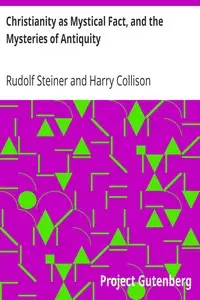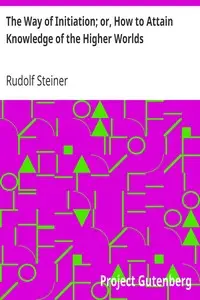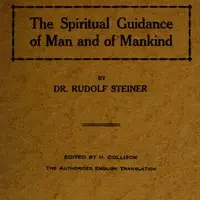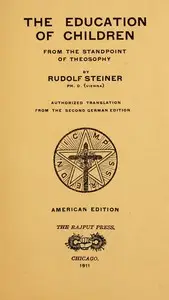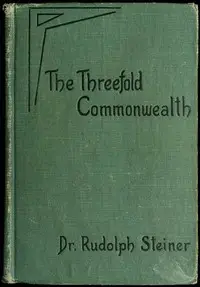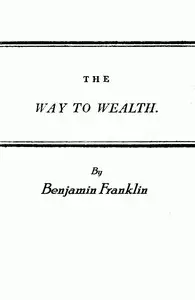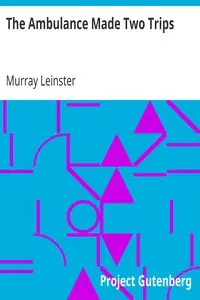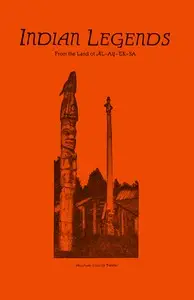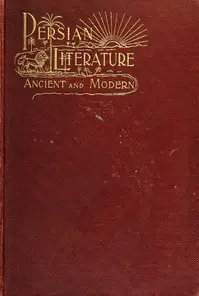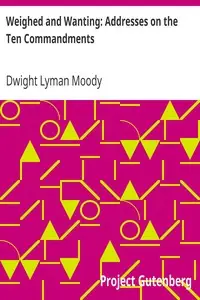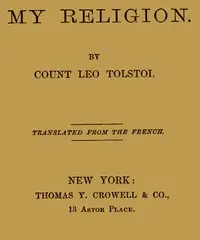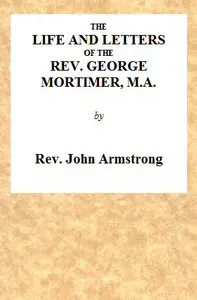"An Outline of Occult Science" by Rudolf Steiner is a philosophical treatise on spiritual research written in the early 20th century. This work delves into the nature of the human being, the potential for accessing higher realms of knowledge, and the interplay between the physical and spiritual dimensions of life. The author argues for the validity of occult sciences and explores concepts such as the etheric body, astral body, and the evolution of humanity in relation to spiritual awakening. The opening of this work establishes a framework for exploring the spiritual dimensions of existence, emphasizing the necessity of recognizing and developing human faculties that transcend ordinary sensory experience. Steiner begins by acknowledging the skepticism surrounding occult science, asserting that a deeper understanding of life’s significance necessitates an exploration of the unseen realms. He introduces the idea that behind the visible world lies a hidden realm accessible through inner development and spiritual practices, underscoring the importance of direct personal experience in comprehending this wisdom. The text sets the stage for an examination of the nature of man and the processes of sleep and death, key themes that will guide readers through the exploration of spiritual development in the chapters that follow. (This is an automatically generated summary.)
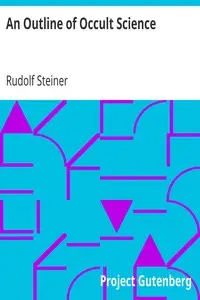
An Outline of Occult Science
By Rudolf Steiner
"An Outline of Occult Science" by Rudolf Steiner is a philosophical treatise on spiritual research written in the early 20th century. This work delves...
Rudolf Joseph Lorenz Steiner was an Austrian occultist, social reformer, architect, esotericist, and claimed clairvoyant. Steiner gained initial recognition at the end of the nineteenth century as a literary critic and published works including The Philosophy of Freedom. At the beginning of the twentieth century he founded an esoteric spiritual movement, anthroposophy, with roots in German idealist philosophy and theosophy. His teachings are influenced by Christian Gnosticism or neognosticism. Many of his ideas are pseudoscientific. He was also prone to pseudohistory.

